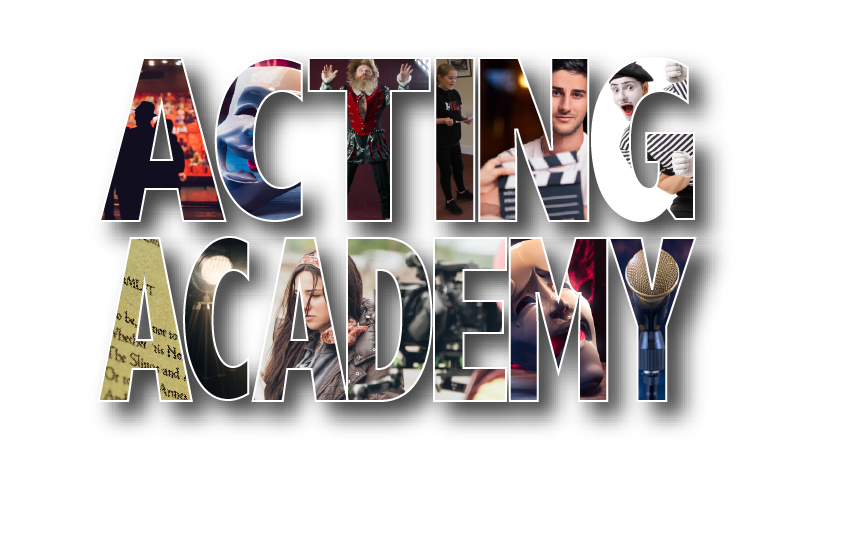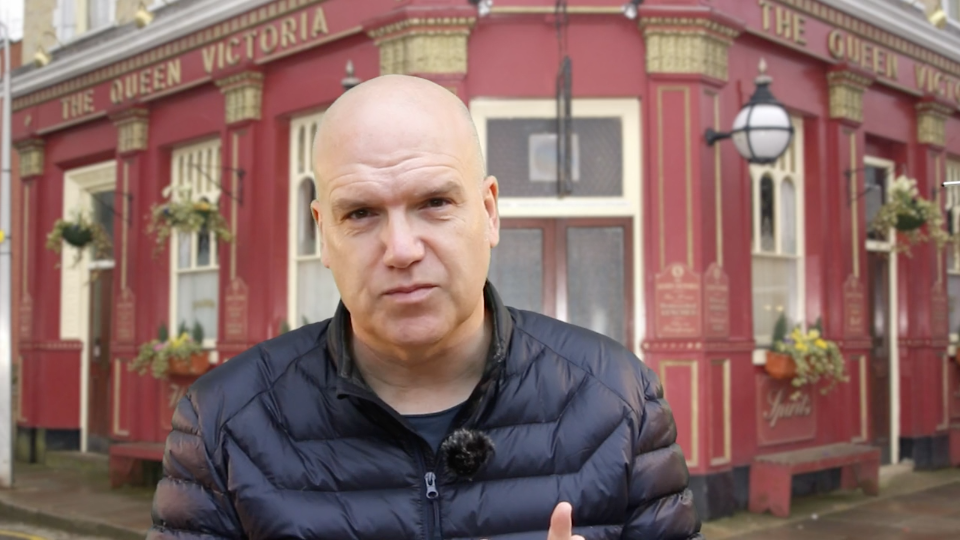
Train to be a professional actor Start a free trial today!
Tom Hanks’ Acting Masterclass: How One Line Can Teach You Everything About Truthful Performance
Written by Mark Pegg on 2nd April 2025
About Acting Academy
Acting Academy offers professional online acting courses, combining flexible weekly lessons, tutorials, and practical workshops. Tailored for all actors, it includes a graduation showcase for agents and casting directors, plus LAMDA exam preparation for those seeking recognized qualifications. Membership options start from £18.99 per month with a 14-day free trial, and premium members enjoy perks like free tutorials. It's designed to help students learn at their own pace while providing access to industry opportunities.
About Author: Mark Pegg
Mark Pegg trained at the Academy of Live and Recorded Art and became a popular face on British television screens in the role of Alfie Kane in EASTENDERS and Tony Wier in the BAFTA winning and critically acclaimed OUR FRIENDS IN THE NORTH.
Mark’s film producing credits include HEROES & VILLAINS released in the UK by Lionsgate and starring James Corden and Jenny Agutter, the award winning documentary TOVARISCH: I AM NOT DEAD and most recently DREAM ON starring Richard Coyle, Sienna Guillory and Sam Torrence. Forthcoming projects on the slate include RED CARD a thriller scripted by veteran writer Don Shaw set in the murky world of professional football.

In The News
About Us
In The News
- Nicole Kidman - How to get that life
- Student Reviews - What our people think
- And So Much More...

